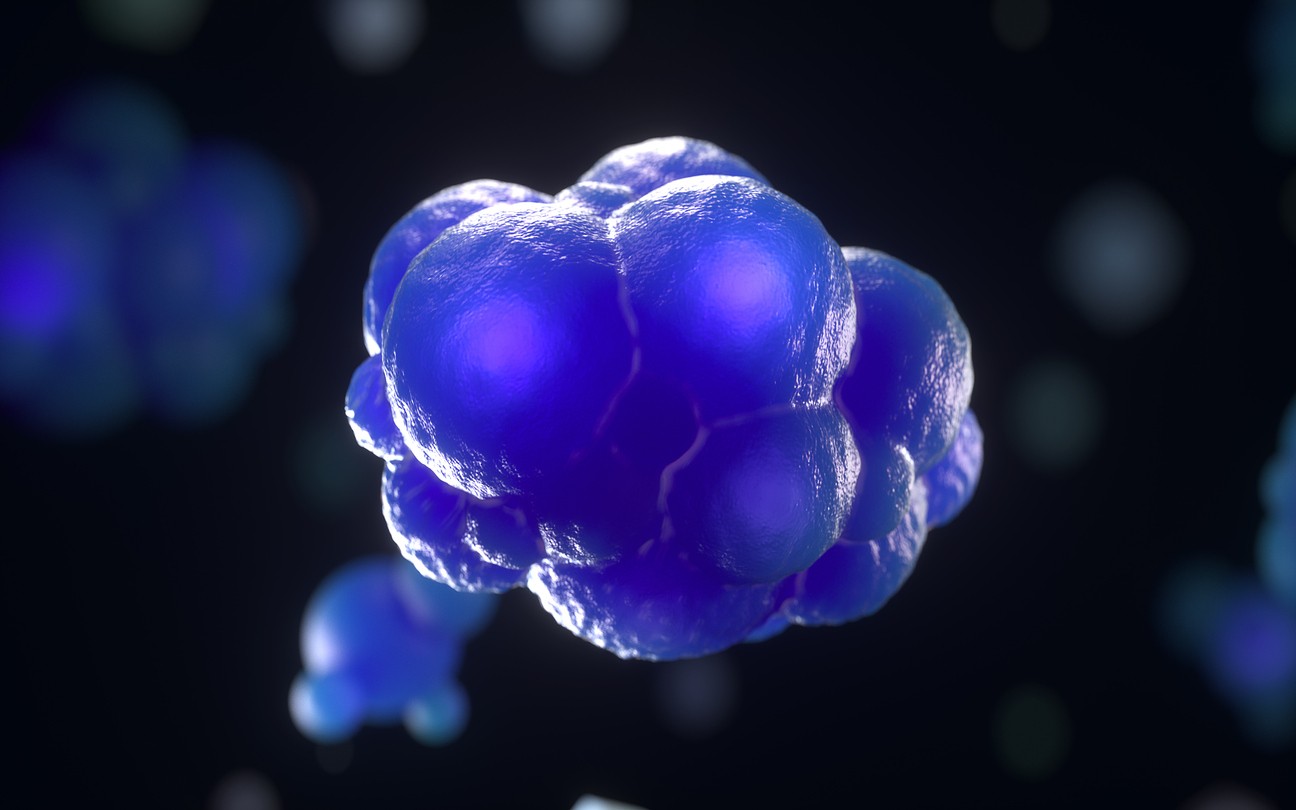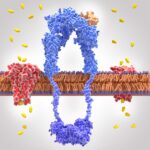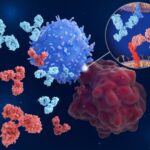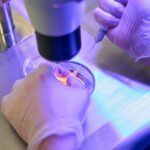No products in the cart
Studies of IGF-1 in Tissue Generation

IGF-1 has been suggested by researchers to play a pivotal role in the Growth Hormone (GH) axis. GH secretion is regulated by molecules such as GH secretagogues, including ghrelin. After its release, the GH acts on the liver and triggers the release of IGF-1. It appears to act on the same cell via the autocrine pathway and the nearby cells via a paracrine mechanism. IGF-1 may potentially exert impact on all cells. These include musculoskeletal, nervous, gastrointestinal, integumentary, urogenital, and hematological.
What are the Research Implications of IGF-1?
Insulin-like Growth Factor-1 is speculated to affect physiological function via a group of proteins called IGF Binding Proteins (IGFBP). These proteins are purported to carry IGF to different internal systems within the organism. Once Insulin-like Growth Factor-1 reaches the cells, it appears to act via pathways like mitogen-activated protein (MAP) and P13K phosphatidylinositol-3 kinase (PI3K). Below are some of the research implications of Insulin-like Growth Factor-1.
IGF-1 may increase contractile force in muscle cells, potentially via two mechanisms.
The first theory posited by researchers is via a process called muscle hypertrophy. Hypertrophy is its ability to increase the bulk of individual muscle fibers, which increase by the synthesis of skeletal muscle protein. The second theory researchers suggest is that the peptide may also increase the number of skeletal muscle fibers by recruiting reserve skeletal muscle cells.
Research suggests potential effects of IGF-1 on bones and cartilage.
Study findings in animal models suggest it may help with bone growth due to its potential to improve the development of bone-generating cells. Studies suggest that IGF-1 may have enhances the growth of tibial bone in animal research models. Insulin-like Growth Factor-1 appears to stimulate the bone and cartilage-forming cells, and may also potentially increase Bone Mineral Density (BMD) within the organism.
IGF-1 may have some interaction with the cardiovascular system.
The growth hormone (GH) and Insulin-like Growth Factor-1 axis are considered to be necessary for the optimum functioning of the cardiovascular system. This axis appears to enhance the contractility of cardiac muscle fibers. This enhancement appears to occur via intracellular availability of calcium and increasing the expression of cardiac contractile proteins. Moreover, GH/IGF-1 axis appears to decrease the resistance of blood vessels by increasing the production of nitric oxide (NO) in the blood vessels.
Insulin and IGF pathways are generally linked with longevity, protein hemostasis, and enhanced learning and memory skills.
Insulin-like Growth Factor-1 may potentially slow conditions associated with physiological and neurological decline, one of which is Alzheimer’s disease. Alzheimer’s dementia is purported to result from the collection of abnormal proteins in the brain. IGF-1 may support the mitigation of the progression of this condition by avoiding the aggregation of abnormal proteins. Research also suggests that IGF-1 may be relevant for research in conditions like Parkinson’s disease. Neurological disorders are widely considered to result from heightened inflammation and oxidative stress.
Disclaimer: The products mentioned are not intended for human or animal consumption. Research chemicals are intended solely for laboratory experimentation and/or in-vitro testing. Bodily introduction of any sort is strictly prohibited by law. All purchases are limited to licensed researchers and/or qualified professionals. All information shared in this article is for educational purposes only.





